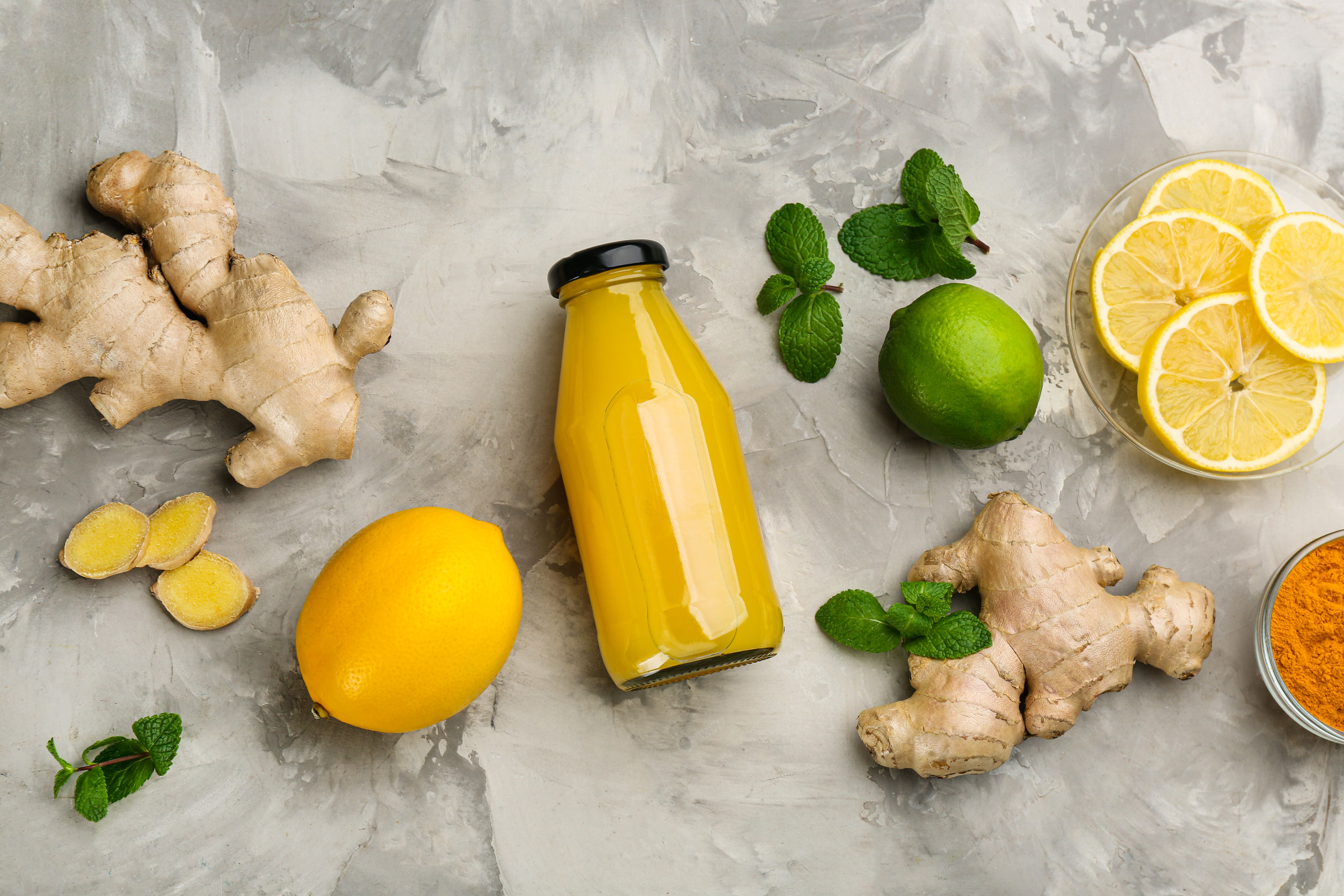”Missouri, did you know food choices can change inflammation levels in the body? This week's article discusses how our nutrition can be used to reduce unhealthy levels of inflammation, and increase overall wellbeing. We hope you find this helpful and informative!
Reading time: 4 Minutes
MWi Hack:
- Learn what foods can fight inflammation
- Find out the benefits of anti-inflammatory foods
MWi Summary:
- Chronic inflammation is linked to major diseases such as cancer, heart disease, diabetes, arthritis, depression, and Alzheimer’s.
- Diets high in processed foods lead to higher levels of inflammation.
- Foods can be used to reduce levels of inflammation. These include tomatoes, fruits, nuts, olive oil, leafy greens, and fatty fish.
Doctors are learning that one of the best ways to reduce inflammation lies not in the medicine cabinet, but in the refrigerator. By following an anti-inflammatory diet you can fight off inflammation for good.
What does an anti-inflammatory diet do? Your immune system becomes activated when your body recognizes anything that is foreign—such as an invading microbe, plant pollen, or chemical. This often triggers a process called inflammation. Intermittent bouts of inflammation directed at truly threatening invaders protect your health.
However, sometimes inflammation persists, day in and day out, even when you are not threatened by a foreign invader. That’s when inflammation can become your enemy. Many major diseases that plague us—including cancer, heart disease, diabetes, arthritis, depression, and Alzheimer’s—have been linked to chronic inflammation.
One of the most powerful tools to combat inflammation comes not from the pharmacy, but from the grocery store. “Many experimental studies have shown that components of foods or beverages may have anti-inflammatory effects,” says Dr. Frank Hu, professor of nutrition and epidemiology in the Department of Nutrition at the Harvard School of Public Health.
Choose the right anti-inflammatory foods, and you may be able to reduce your risk of illness. Consistently pick the wrong ones, and you could accelerate the inflammatory disease process.
The health risks of inflammatory foods
Not surprisingly, the same foods on an inflammation diet are generally considered bad for our health, including sodas and refined carbohydrates, as well as red meat and processed meats.
“Some of the foods that have been associated with an increased risk for chronic diseases such as type 2 diabetes and heart disease are also associated with excess inflammation,” Dr. Hu says. “It’s not surprising, since inflammation is an important underlying mechanism for the development of these diseases.”
Benefits of anti-inflammatory foods
On the flip side are beverages and foods that reduce inflammation, and with it, chronic disease, says Dr. Hu. He notes in particular fruits and vegetables such as blueberries, apples, and leafy greens that are high in natural antioxidants and polyphenols—protective compounds found in plants.
Studies have also associated nuts with reduced markers of inflammation and a lower risk of cardiovascular disease and diabetes. Coffee, which contains polyphenols and other anti-inflammatory compounds, may protect against inflammation, as well.
Anti-inflammatory diet
To reduce levels of inflammation, aim for an overall healthy diet. If you’re looking for an eating plan that closely follows the tenets of anti-inflammatory eating, consider the Mediterranean diet, which is high in fruits, vegetables, nuts, whole grains, fish, and healthy oils.
In addition to lowering inflammation, a more natural, less processed diet can have noticeable effects on your physical and emotional health. “A healthy diet is beneficial not only for reducing the risk of chronic diseases but also for improving mood and overall quality of life,” Dr. Hu says.

MWi would like to thank Havard Health Publishing for sharing its expert insights with our community. Read the original article:
https://www.health.harvard.edu/staying-healthy/foods-that-fight-inflammation
More on the Author:
Harvard Health Publishing (HHP) is the consumer health education division of Harvard Medical School (HMS), under the direction of Dr. David H. Roberts, Dean for External Education. Our publications draw on the expertise of the 11,000+ faculty physicians at HMS, as well as our world-famous affiliated hospitals, to provide authoritative, trustworthy, and actionable health information to our global audience. Our content is delivered in easy-to-understand language that supports patient education and consumer engagement.






